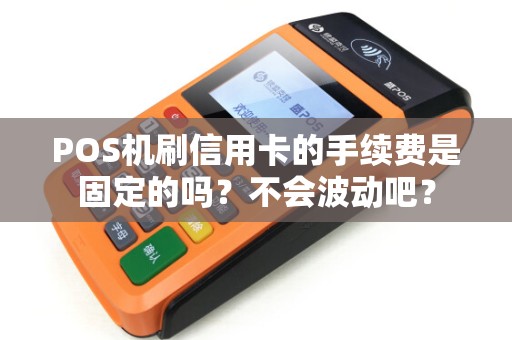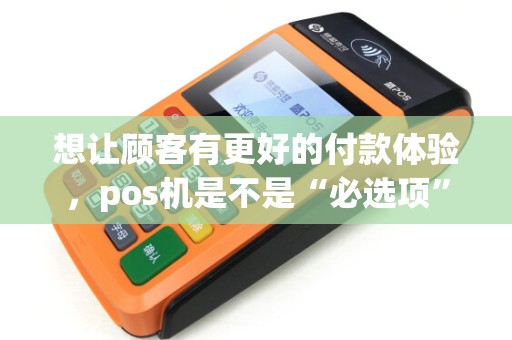
Title: "POS Machine Signal Poor: The Problem and Its Solutions"
In today's fast-paced world, the importance of point-of-sale (POS) machines cannot be overstated. These devices are the backbone of many businesses, enabling smooth transactions and efficient service. However, one common issue that POS machine users often face is poor signal quality. This article aims to discuss the causes of poor POS machine signal and provide solutions to help businesses overcome this challenge.
I. Causes of Poor POS Machine Signal
1. Distance from the Network Provider
One of the primary reasons for poor POS machine signal is the distance between the device and the network provider's tower. As the distance increases, the signal strength decreases, leading to connectivity issues.
2. Obstructions
Buildings, mountains, and other natural and man-made structures can obstruct the signal, resulting in poor connectivity. This is particularly true in urban areas where tall buildings can block the signal.
3. Signal Interference
Electromagnetic interference from other devices, such as microwaves, cordless phones, and other electronic gadgets, can disrupt the POS machine signal.
4. Outdated Technology
Older POS machines may not be compatible with the latest network standards, leading to connectivity issues.
II. Solutions to Improve POS Machine Signal
1. Optimize the Placement of the Device
Ensure that the POS machine is placed in a location with minimal obstructions and at an appropriate distance from the network provider's tower. If possible, position the device in an open space to enhance signal reception.
2. Use Signal Boosters or Repeaters
Signal boosters or repeaters can amplify the signal, providing a stronger connection to the network provider. These devices are particularly useful in areas with weak signals.
3. Upgrade to a Modern POS Machine
Consider upgrading to a modern POS machine that supports the latest network standards. Newer models are designed to provide better connectivity and are more compatible with various network technologies.
4. Minimize Interference
Keep the POS machine away from devices that can cause electromagnetic interference. If necessary, use shielding materials to minimize the impact of such interference.
5. Monitor Network Coverage
Regularly check the network coverage in your area to identify any potential signal issues. This can help you take appropriate measures to improve the signal quality.
III. Additional Tips
1. Regular Maintenance
Perform regular maintenance on your POS machine to ensure it operates efficiently. This includes cleaning the device, updating the software, and checking for any hardware issues.
2. Backup Connectivity Options
In case of poor signal quality, consider having backup connectivity options, such as a mobile hotspot or a dedicated internet line, to ensure uninterrupted service.
3. Employee Training
Train your staff on how to troubleshoot common POS machine issues, including poor signal quality. This will help them address problems quickly and efficiently.
4. Seek Professional Assistance
If you're unable to resolve the poor signal issue on your own, don't hesitate to seek professional assistance. Network providers or authorized technicians can help diagnose and fix the problem.
In conclusion, poor POS machine signal can be a significant challenge for businesses. By understanding the causes and implementing the suggested solutions, businesses can improve their POS machine signal quality and ensure smooth operations. Remember to regularly monitor the network coverage and maintain your POS machine to prevent future connectivity issues.
















